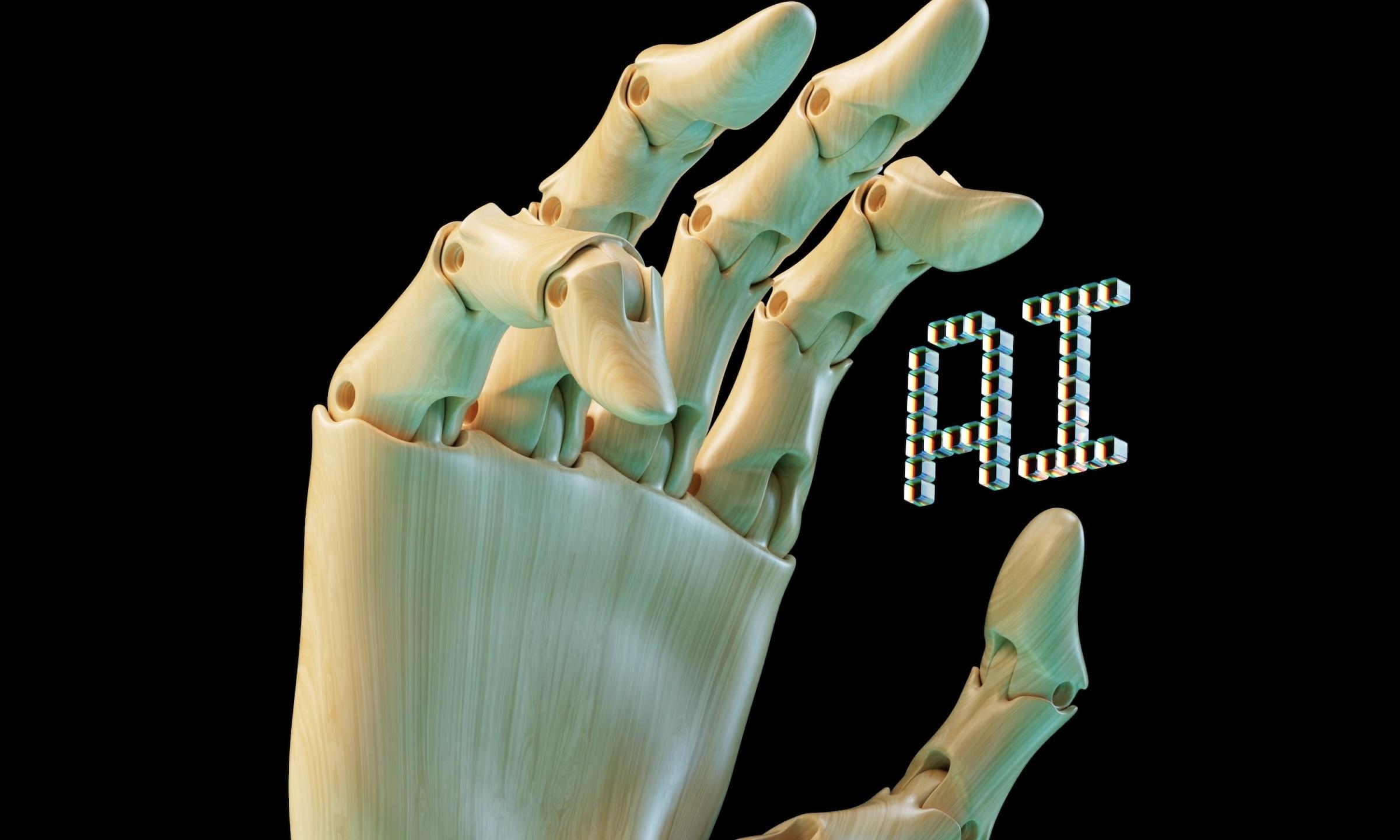The new draft guidance from the United Kingdom's Ofcom reveals plans to implement stricter age verification measures for online pornographic content. To prevent children from accessing explicit sites, the watchdog suggests scanning users' faces to verify their age.
As per Reuters, privacy campaigners have raised concerns about potential data leaks and the far-reaching consequences of age checks.
Growing Concerns over Children Viewing Porn
A recent survey indicates that the average age at which children first view pornography is 13. This alarming statistic underlines the need for robust measures to protect young individuals. The Children's Commissioner's survey found that as many as one in ten children have been exposed to explicit websites by the age of nine.
BBC reported that the newly enacted Online Safety Act mandates social media platforms and search engines to safeguard children from harmful online content. Ofcom, entrusted with its enforcement, can impose hefty fines on non-compliant companies. The regulatory body has outlined the expected compliance standards for age verification, emphasizing the necessity for "highly effective" checks.
Proposed Age Verification Methods
Ofcom's guidance presents various recommended age verification methods. These include requiring government photographic identification such as a passport, confirming if age restrictions have been removed from a mobile phone, conducting credit card checks, and using digital ID wallets that securely store proof of age.
Facial age-estimation technology is touted as an additional measure to enhance age-verification accuracy. Websites can use software to scan users' faces and determine whether they are adults. If necessary, sites could request further checks for individuals who appear younger than a certain pre-determined age, similar to how retailers ask for ID from those who appear under 25 when selling alcohol.
Ofcom acknowledges that no age assurance method will be foolproof, and some users may find ways to bypass age checks. However, the watchdog stresses the importance of websites implementing robust safeguards and measures to deter fraudulent attempts.
Liveness Checks and Photo ID Security
Additional measures like "liveness checks" are proposed for systems that rely on photo ID comparison. Websites must ensure the authenticity of the user by guarding against the use of counterfeit or borrowed ID, as well as photographs of someone older, in an attempt to deceive the verification process.
Ofcom expects the new age verification regulations to be enforced starting in 2025. Companies operating explicit websites must demonstrate compliance with these measures. Failure to do so can result in significant penalties imposed by Ofcom.
Photo: Igor Omilaev/Unsplash



 American Airlines CEO to Meet Pilots Union Amid Storm Response and Financial Concerns
American Airlines CEO to Meet Pilots Union Amid Storm Response and Financial Concerns  Nvidia Nears $20 Billion OpenAI Investment as AI Funding Race Intensifies
Nvidia Nears $20 Billion OpenAI Investment as AI Funding Race Intensifies  SpaceX Updates Starlink Privacy Policy to Allow AI Training as xAI Merger Talks and IPO Loom
SpaceX Updates Starlink Privacy Policy to Allow AI Training as xAI Merger Talks and IPO Loom  Baidu Approves $5 Billion Share Buyback and Plans First-Ever Dividend in 2026
Baidu Approves $5 Billion Share Buyback and Plans First-Ever Dividend in 2026  Toyota’s Surprise CEO Change Signals Strategic Shift Amid Global Auto Turmoil
Toyota’s Surprise CEO Change Signals Strategic Shift Amid Global Auto Turmoil  Tencent Shares Slide After WeChat Restricts YuanBao AI Promotional Links
Tencent Shares Slide After WeChat Restricts YuanBao AI Promotional Links  Instagram Outage Disrupts Thousands of U.S. Users
Instagram Outage Disrupts Thousands of U.S. Users  Washington Post Publisher Will Lewis Steps Down After Layoffs
Washington Post Publisher Will Lewis Steps Down After Layoffs  Nvidia Confirms Major OpenAI Investment Amid AI Funding Race
Nvidia Confirms Major OpenAI Investment Amid AI Funding Race  SoftBank Shares Slide After Arm Earnings Miss Fuels Tech Stock Sell-Off
SoftBank Shares Slide After Arm Earnings Miss Fuels Tech Stock Sell-Off  OpenAI Expands Enterprise AI Strategy With Major Hiring Push Ahead of New Business Offering
OpenAI Expands Enterprise AI Strategy With Major Hiring Push Ahead of New Business Offering  Nasdaq Proposes Fast-Track Rule to Accelerate Index Inclusion for Major New Listings
Nasdaq Proposes Fast-Track Rule to Accelerate Index Inclusion for Major New Listings  Elon Musk’s Empire: SpaceX, Tesla, and xAI Merger Talks Spark Investor Debate
Elon Musk’s Empire: SpaceX, Tesla, and xAI Merger Talks Spark Investor Debate  SpaceX Reports $8 Billion Profit as IPO Plans and Starlink Growth Fuel Valuation Buzz
SpaceX Reports $8 Billion Profit as IPO Plans and Starlink Growth Fuel Valuation Buzz  Anthropic Eyes $350 Billion Valuation as AI Funding and Share Sale Accelerate
Anthropic Eyes $350 Billion Valuation as AI Funding and Share Sale Accelerate  Sony Q3 Profit Jumps on Gaming and Image Sensors, Full-Year Outlook Raised
Sony Q3 Profit Jumps on Gaming and Image Sensors, Full-Year Outlook Raised  Amazon Stock Rebounds After Earnings as $200B Capex Plan Sparks AI Spending Debate
Amazon Stock Rebounds After Earnings as $200B Capex Plan Sparks AI Spending Debate 































